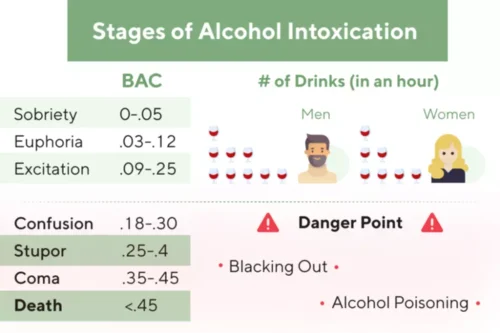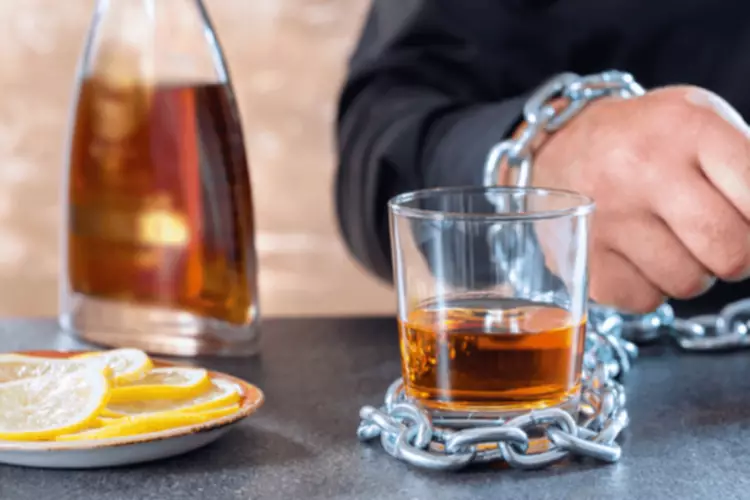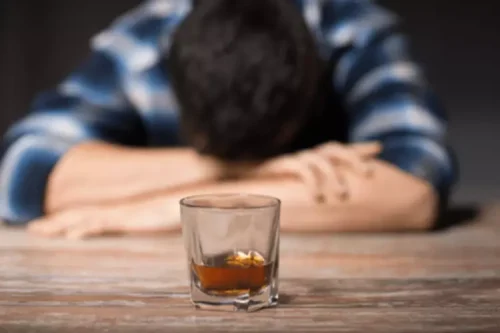
If you’re not eating well and getting enough nutrition for your body and brain, you’re going to have a much harder time concentrating and feeling inspired or rewarded. No matter how much you drink, adding whole nutrient-dense foods to your diet is going to help your body and brain work better. Before we dive into alcohol’s impact, it’s important to remember that the amount you drink completely changes its overall effect on your brain health. But, there is some evidence showing that light and moderate drinking may have its upsides too. Alcohol feels great in part because it increases dopamine short term, but your brain actually adapts and eventually the small feeling of reward that comes from drinking can dissipate. Over time, dopamine production decreases once your tolerance goes up, meaning you may need more alcohol to feel the same boost over time.
Need Treatment Financing?
A rapidly growing email list that provides alcohol brain fog the highest quality FREE sober resources and tips to live an addiction-free life, without limits. These calls are offered at no cost to you and with no obligation to enter into treatment. Neither this site nor anyone who answers the call receives a commission or fee dependent upon which treatment provider a visitor may ultimately choose. The “burst” phase, which increases acetylcholine release from CINs, aids extinction learning—where old behaviors are unlearned. The “pause” phase, on the other hand, which causes a dip in acetylcholine release from the CINs, is crucial for reversal learning, where new behaviors replace outdated ones. Following a list of tips isn’t easy, especially if you try to do them all at once.
The Link Between Alcoholism and Depression from the Brain Chemistry Point of View
Even though most memory lapses are normal, you can take measures to manage and improve your existing brain skills. Here are some memory obstacles people encounter and ways to deal with them. When alcohol is consumed, it enters the bloodstream and crosses the blood-brain barrier, directly affecting the brain’s neurotransmitter systems.
- Alcohol is a depressant that can impact the central nervous system in various ways.
- These calls are offered at no cost to you and with no obligation to enter into treatment.
- Basically, dopamine is involved in almost every area of your thought and reward system.
Your ‘Brain Fog’ Could Be a Result of Alcohol Abuse
- This can be done by setting limits on how much you drink, avoiding drinking in situations where you may be tempted to overindulge, and seeking advice from others.
- So, if you’re struggling with alcohol brain fog, try to do some yoga.
- Meal delivery services can also be a good option if you don’t have time to cook healthy meals.
Simultaneously, the brain’s attempts to compensate for alcohol’s sedative effects on the GABA system can make it hypersensitive to stress during withdrawal, further increasing depressive symptoms. Long-term alcohol misuse also damages the hippocampus and prefrontal cortex – regions critical for emotional regulation and decision-making – exacerbating vulnerability to depression. During this recovery timeline, it’s important to be patient with yourself and prioritize self-care. Give your brain time to heal and focus on activities that promote overall well-being, such as getting enough sleep, eating a balanced diet, and engaging in regular exercise. Taking care of your mental health through therapy and support groups can also aid in the recovery process. The duration of brain fog after drinking can vary depending on several factors.

C60 Power’s Carbon 60 Oxford House in Organic Avocado Oil is made with pure, sublimated Carbon 60 (never exposed to solvents). Carbon 60 is an antioxidant that may help reduce oxidative stress in the body. Instead of removing the “unhealthy” foods you regularly eat, start by making nutritious additions to your meals and snack times. We’ve partnered with C60 Power, known for its 99.99% pure Carbon 60 products, to create your go-to guide for fighting brain fog.

Establish a consistent sleep routine and create a sleep-friendly environment to promote better sleep. However, in alcohol-exposed models, this firing pattern was significantly disrupted, with shorter and weaker pauses, impairing critical learning process such as reversal leaning. Before I got sober, one thing that I noticed was the constant brain fog caused by alcohol.

Change Your Drinking Habits
Alcohol brain fog is a natural phenomenon that affects many people. Before taking these drugs, make sure your healthcare provider knows about any mental health diagnoses https://ecosoberhouse.com/ or concerns you have and any medications you take. Ask for referrals for intensive behavioral treatment, like group therapy, along with your GLP-1 agonist. Brain fog can clear with a combination of techniques and daily practices. People with an AUD have a protracted withdrawal phase due to the alcohol’s potent effects on neuroreceptors, which can last up to 26 weeks after alcohol cessation.
